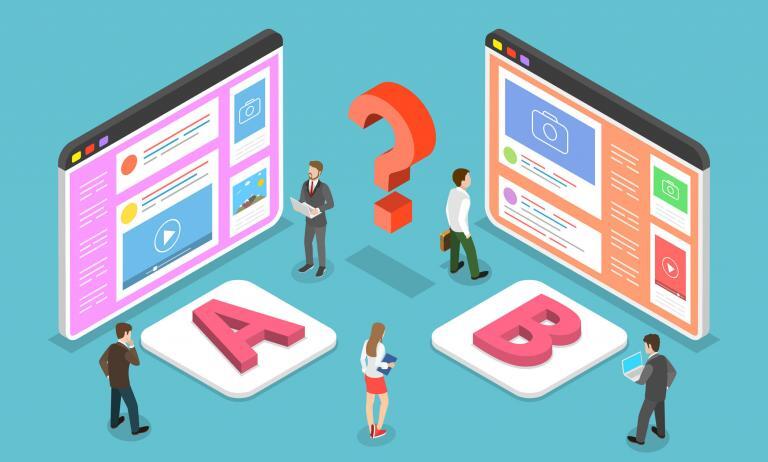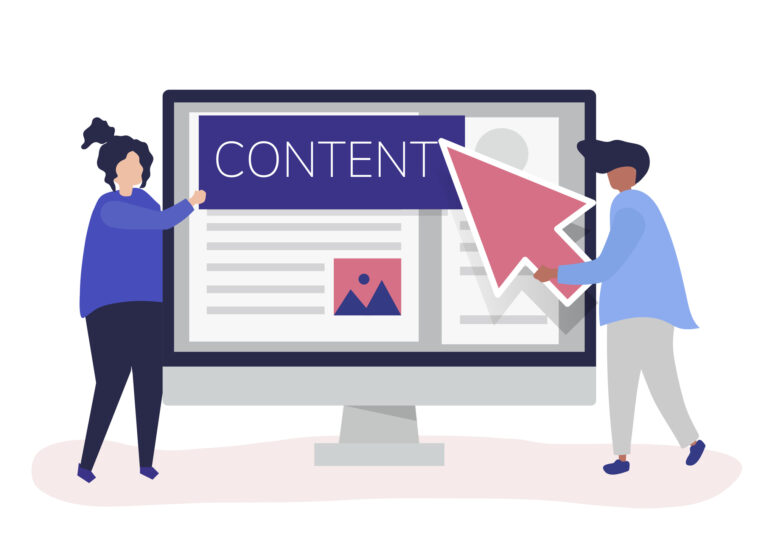Technology is now the key to planning successful events and meetings. As the reliance on technology grows, you can now simplify an otherwise mostly manual process using event management software. It saves time, helps prove event success, and provides increased data and analytics.
Event management software refers to any technology that helps in planning events. It has numerous facets, from registration to mobile event apps, and has a wide range of capabilities. You can buy different pieces of technology that satisfy individual and immediate event needs. You are better off served by full platforms that offer a comprehensive event planning service capable of supporting the planning of meetings, events, and even trade shows.
The different types of event management software in the market allow you to organize your events with ease. You can create the right mix for your event to increase productivity, decrease the time you spend on manual tasks, and better prove event ROI.
As you research and analyze various event management software, there are numerous questions to ask and options to consider.
Selection Criteria
It’s best to start by assessing your individual needs when you look for the best event management software that fits your business needs. All kinds of meetings and events can benefit from event technology; however, they do not need similar features and functionality.
From small businesses that put on one or two cornerstone events annually to large organizations that throw numerous events per year, every business requires a different technology level.
How do you find out what you may or may not need out of an event management platform?
First, you must understand what is out there. Your most significant event management and planning challenges may have simple solutions you never knew existed. Once you know what exists, you can then weigh the benefits of the different solutions.
Here are a few things to consider when evaluating providers based on various levels of financial commitments – big, medium, and small – when hosting an in-person event.
1. Invite Method
Invitations are perhaps the essential things to get right in event planning and management. They set your event’s tone and are the first opportunities for your company to make an excellent first impression.
Event management solutions should offer design tools and templates to make the process a lot easier. Given that most people only scan through their emails, its best to break up your invites into several small sections, each addressing different things about your scheduled event. Good software allows you to do this and much more to ensure your invitations pack a punch.
2. Personalization
One of an event planner’s biggest goals is to ensure that attendees have a lovely experience from start to finish. Event personalization involves all the tactics and strategies you use to tailor your events, content, activations, and outreach to fit your target audiences’ needs. You can personalize based on the contact, the account, or the persona.
Therefore personalization can be instrumental in the creation of such an atmosphere. It offers a unique and more streamlined experience for attendees and allows you to collect data to help future event planning. Consider things like graphics, buttons, fonts, menus, and URLs that potential software offers.
3. Registration
You need an event registration form or page to function as a central hub where potential attendees can access information and register. A great event registration form or page helps you increase registrations and disseminate information without the headaches associated with paper forms and spreadsheets. Thus, consider how it looks and whether it can add questions or build different registration tracks.
From managing registrants and invitees to multiple events, automation allows you to do more with your software. Moreover, with an easy-to-build event builder, you do not require learning to build your event page or website.
4. Mobile Ability
A suitable event management software should have a mobile version. With more and more people relying on their smartphones for most of their computing needs, a mobile event app is now necessary. It should provide a content management system that allows for attendee and exhibitor engagement and a way to prove and measure event ROI.
Attendees need and have come to expect all their content in one place. So the event management software you pick should support an easy way to organize, upload, and update content. It should also provide schedules, speaker bios, exhibitor and sponsor profiles, session-related content, and maps.
Finally, the provider must provide the metrics to prove the apps’ worth to your event sponsors, partners, and leadership team. The backend must also have dashboard functionality to track essential metrics.
5. Event Build
Memorable events will remain in the minds of the attendees. That is the power of event build and set up that the right software can offer. Suitable software should support events build from the design and planning stage through build and fabrication, installation and fit-out, and de-rigging. It should also cater to minute details such as making different tracks for one event or linking session documents and speakers to sessions.
6. Admin Side
Event planning and management are about many small processes that run smoothly for the success of the event. Therefore you should control your preferred event management software’s administrative processes to manage critical aspects, including:
- Registration and ticketing
- Agenda planning
- Personalization
- Budgeting
- Operational efficiency
- Check-in rates
- Success-oriented accountability
A suitable software provides these and other administrative capabilities, such as a team option for multiple users, all in one tool.
7. Reporting
Data is critical to event planning and management. Since knowledge is power, systems that focus on statics and reporting are always essential. For example, Conference Compass has an event management system that offers live Q&A, session and speaker rating, and live polling. Check if the reporting function is manual or auto-generated.
Understanding your attendees’ likes and dislikes will help your business know where to focus its efforts and the areas to improve.
8. Bonus/Add-On Options
Finally, look at any other bonus features that the event management software offers, and whether they are useful to your company.
The Bottom Line
Event management software options are endless in the market –mix-and-match, full platform, piecemeal, etc. Only you understand your events and meetings program and budget. There are hurdles to acquiring new software, plus the procurement process can be a challenge. Just remember that these marketing, planning, and management software are no longer nice-to-have but must-haves.
From gathering data ion attendees to cutting down on manual processes, event management technology can transform your events. The basis for proving event success is collecting data and analytics throughout the process. Create an action plan before acquiring event technology to ensure you can scale and automate the program later.
Brand Syntax works with enterprise B2B software firms to help them scale their marketing and grow their revenue. We advocate for the software industry and believe that the software you build, such as event management, is critical to your users.
Contact us today to learn how to scale your marketing to fit your business needs, grow your revenue or transform your events.







